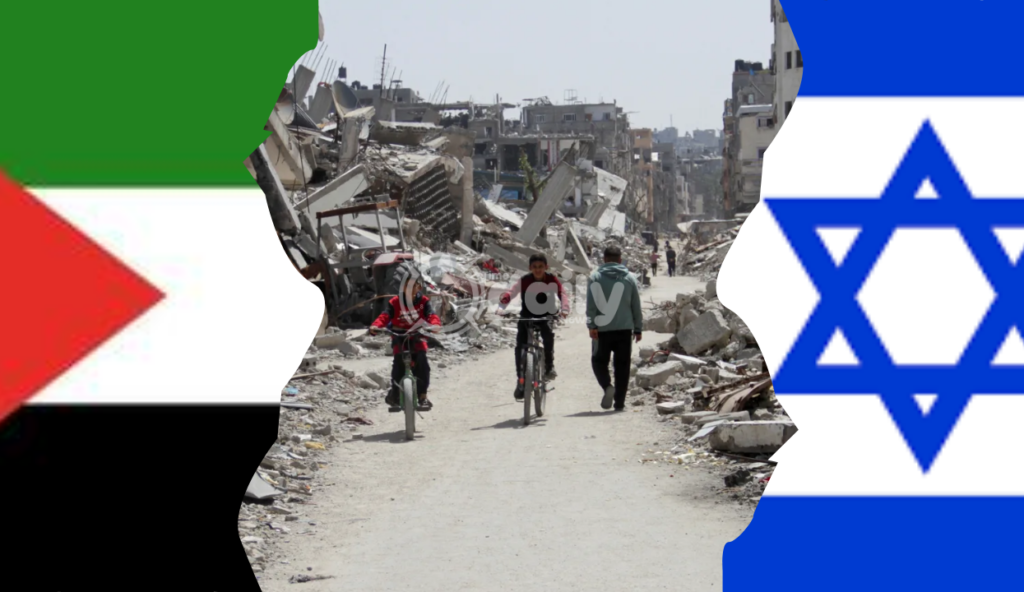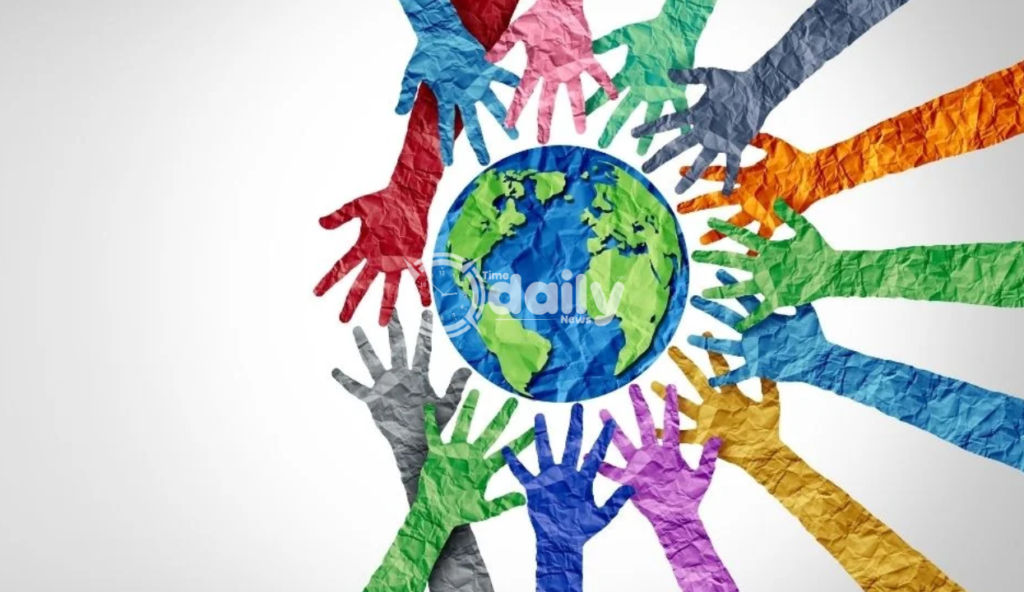The Impact of the Conflict on Israel and Palestine
The palestinian israeli conflict for dummies has left deep scars on both sides. While the political and territorial disputes are central, the human cost of the conflict has been immense.

Impact on Palestinians
For Palestinians, the consequences of the conflict have been devastating. From the initial displacement in 1948 to the continued occupation of the West Bank and Gaza Strip, Palestinians have lived with the trauma of loss and separation. Over 700,000 Palestinians became refugees during the Nakba, and millions more have faced displacement since then.
The Israeli occupation has led to a widespread humanitarian crisis in Palestinian territories. Palestinians in the West Bank and Gaza Strip face severe restrictions on movement, access to basic services, and limited economic opportunities. The blockade of Gaza, imposed by Israel and Egypt since 2007, has resulted in widespread poverty and a lack of essential goods.
The ongoing conflict has also had a significant toll on Palestinian culture and identity. The constant fear of violence, loss of life, and destruction of homes have created a generation of young Palestinians who have grown up in an environment of instability and insecurity. Many Palestinians view the struggle for independence and the right to self-determination as the driving force behind their resistance.
Impact on Israelis
On the Israeli side, the conflict has similarly shaped the nation’s identity and politics. Israel’s security concerns have remained at the forefront of the nation’s political agenda. Israelis face the constant threat of attacks from Palestinian militant groups, including Hamas, Hezbollah, and others. While the Israeli government has developed an extensive security infrastructure, including the Iron Dome missile defense system, civilians remain vulnerable to rocket fire and terrorism.
The psychological toll on Israeli civilians is considerable. Israelis live with the reality of bombings, military operations, and fears of future attacks. The conflict also influences domestic politics, with security concerns often driving Israeli political decisions, such as the expansion of settlements and the blockade of Gaza.
The situation has led to significant divisions within Israeli society. While many Israelis support a two-state solution, there is also a strong faction that believes that maintaining control over the West Bank is crucial for Israel’s security. The ongoing conflict has contributed to polarization, with debates over the future of the territories, the status of Jerusalem, and the legitimacy of Palestinian claims.
International Perspectives and Involvement

The international community has played a significant role in the palestinian israeli conflict for dummies, with countries and organizations offering mediation, support, and criticism.
United States
The United States has been one of Israel’s strongest allies since the establishment of the State of Israel in 1948. The U.S. provides significant military and economic aid to Israel, and American presidents have played an essential role in mediating peace talks. The U.S. has historically supported a two-state solution but has also been criticized for its perceived bias towards Israel, particularly under different administrations.
The U.S. has made several attempts at brokering peace, the most notable being the Camp David Accords (1978) and the Oslo Accords (1993). However, its influence has diminished over the years as both Israel and the Palestinians have become more entrenched in their positions. In recent years, U.S. policies, such as recognizing Jerusalem as Israel’s capital, have further complicated peace efforts.
European Union and Arab Nations
The European Union has been a vocal supporter of a two-state solution and has called for an end to Israeli settlement expansion. The EU has also criticized Israel’s actions in Gaza and the West Bank, including the building of settlements in occupied territories. However, the EU’s influence in the conflict is limited, as it lacks the military power and political leverage of the United States.
Arab countries have been closely involved in the conflict, with many of them initially opposing Israel’s existence. Over the years, however, there has been a shift in the stance of some Arab nations. For example, the Abraham Accords, signed in 2020, led to normalization agreements between Israel and the United Arab Emirates (UAE), Bahrain, Sudan, and Morocco. These agreements marked a significant change in Arab-Israeli relations, although they have not resolved the Palestinian issue.
The Arab League has consistently supported Palestinian claims to statehood and has opposed Israeli occupation. However, divisions within the Arab world and changing geopolitical dynamics have made it difficult to achieve a unified approach.
United Nations
The United Nations has been actively involved in the conflict since its inception. It has passed numerous resolutions calling for an end to Israeli occupation and the recognition of Palestinian rights. The UN General Assembly, the Security Council, and specialized agencies like UNRWA (United Nations Relief and Works Agency for Palestine Refugees) have worked to provide humanitarian assistance to Palestinian refugees and those affected by the conflict.
However, the UN’s effectiveness has been hindered by political divisions within its member states, particularly with the United States’ veto power in the Security Council. Despite its resolutions and peacekeeping missions, the UN has not been able to bring about a lasting solution to the conflict.
Potential Solutions: Moving Forward
There are various proposed solutions to the palestinian israeli conflict for dummies, but none have gained universal acceptance or implementation.
Two-State Solution
The most widely supported solution is the two-state solution, which envisions the creation of an independent Palestinian state alongside Israel. This solution is supported by most of the international community and is based on the premise that both Israelis and Palestinians have a right to self-determination and security.
However, the two-state solution faces significant challenges, including the ongoing expansion of Israeli settlements in the West Bank, disputes over the status of Jerusalem, and the political divisions between the Palestinian factions of Hamas and the Palestinian Authority. Despite these challenges, many believe the two-state solution remains the most viable path to lasting peace.
One-State Solution
The one-state solution proposes a single, unified state that includes both Israelis and Palestinians. This solution has gained support from some Palestinians and left-wing Israelis who believe that a binational state could offer equality to all citizens. However, opponents argue that it would undermine Israel’s identity as a Jewish state and could lead to further tensions between the two groups.
The one-state solution raises complex questions about governance, the distribution of political power, and the protection of minority rights. While it remains a theoretical solution, the one-state proposal continues to provoke debate.
Interim Solutions and Confederal Options
Some experts have suggested that a confederation or interim arrangement might be a more realistic first step. This could involve establishing a Palestinian state in parts of the West Bank and Gaza, with shared governance in areas like Jerusalem. Such arrangements would allow for greater autonomy for Palestinians while maintaining cooperation between Israel and Palestine on security and economic issues.
While not a permanent solution, these interim steps provide an opportunity for peacebuilding and the gradual resolution of key issues. However, they would still require strong leadership and international support to succeed.
A Path Forward?
The palestinian israeli conflict for dummies remains one of our time’s most challenging geopolitical issues. While there is widespread recognition of the need for a peaceful resolution, the road to lasting peace remains elusive. The complex history, competing narratives, and deep-seated mistrust between Israelis and Palestinians make it challenging to find a solution that satisfies both parties.
Ultimately, a sustainable peace will require compromises from both sides and continued international engagement. The world community must remain committed to supporting both Israelis and Palestinians in their quest for security, justice, and self-determination. Until then, the hopes of a lasting resolution to the Israeli-Palestinian conflict remain distant but not entirely out of reach.



